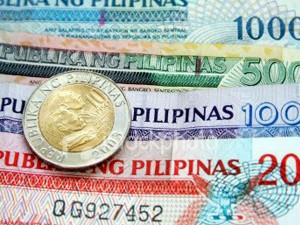Most Filipinos optimistic on financial goals
MANILA, Philippines—Four in every five Filipinos are optimistic of meeting their financial goals, but only a third of those polled see their current planning efforts sufficient to meet these targets, a new study by Nielsen showed.
In a statement, the international market research firm also revealed that more Filipinos were showing stronger intentions of actively saving or investing now, than in the future, to primarily address health issues and any unexpected household emergencies.
These findings were part of the “Nielsen Global Survey of Saving and Investment Strategies,” which polled more than 30,000 Internet respondents in 60 countries, including the Philippines. The survey, which showed how consumers around the world were preparing for current and future financial expenses, evaluated the 16 different saving and investment strategies used to fund a range of 14 long- and short-term financial goals.
“Consumer sentiment on saving strategies being used to fund financial goals provides insights into how consumers are responding to the challenge of ensuring financial security,” noted Stuart Jamieson, Nielsen Philippines managing director.
The survey identified 14 “saving intentions” in the Philippines, namely health issues, unexpected household emergencies, loss of job/income, higher education, children’s future, starting up a business, retirement fund, first-time main home property purchase, marriage, having a baby, financial legacy (leaving inheritance), personal luxury (car, vacation, watch, handbag, among others), upgraded property purchase and second-home/vacation property purchase.
Article continues after this advertisementBased on the survey, more than half of Filipino active savers, or 54 percent, were presently engaged in saving for health-related issues. It noted that the respondents were employing diversified strategies in saving for health issues, using a mix of local bank accounts, life insurance, government-initiated retirement schemes, provident fund and saving schemes and investment-linked insurance policy.
“The saying, ‘health is wealth’ rings true for Filipino consumers. The value that they put on health is clearly underlined by the fact that consumers tend to actively save now in order to fund their health care rather than later. Filipino consumers are not only saving the traditional way through banks but are taking a more diversified approach to better prepare for health expenses,” Nielsen said.
